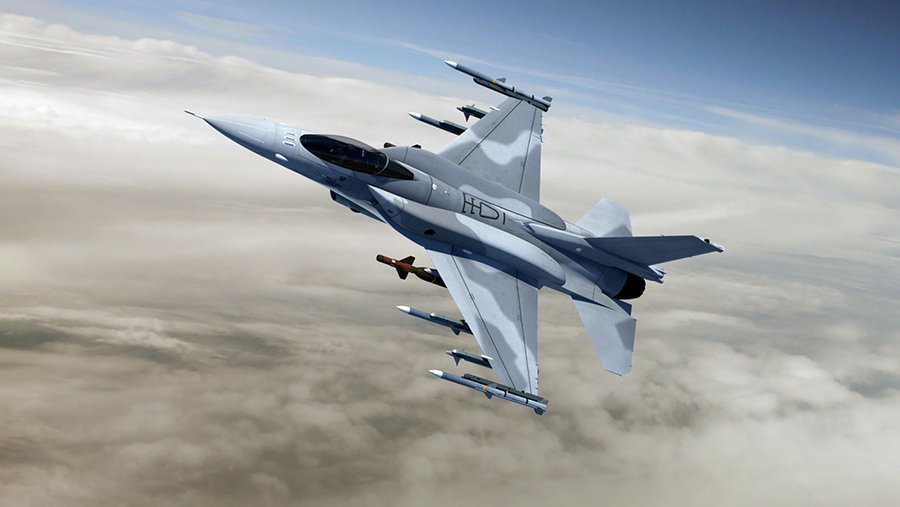Bethesda-based Lockheed Martin Corp. (NYSE: LMT) was hoping that by the end of the year it could end production of its aging F-16 fighter jets in Fort Worth, Texas, and look to possibly restarting the line in India.
But with President Donald Trump riding into the White House on an agenda of protecting U.S. jobs, those plans could be scuttled.
A spokesman from Lockheed, following initial reports from the Star-Telegram in Fort Worth, wrote to me in an email that for the last several months the company has worked with Trump's transition and governance teams, as well as lawmakers on the Hill, to share "information on our many programs and potential business opportunities." While much of the buzz has been around Lockheed's F-35 — the program slated to replace the F-16 that drew criticism from Trump in a very public fashion since December — Lockheed confirmed that talks also focused on a proposed sale of F-16s to India.
"We understand that the Trump administration will want to take a fresh look at some of these programs and we stand prepared to support that effort to ensure that any deal of this importance is properly aligned with U.S. policy priorities," Lockheed spokesman Bill Phelps wrote to me in an email. "Ultimately, the configuration of any F-16 sale to India will be determined by government to government discussions."
Could this mark the death of the F-16? And if so, would it matter for Lockheed?
On a fourth-quarter earnings call with analysts last month, Lockheed CFO Bruce Tanner said that U.S. production of the F-16 would end this year. But at the same time, Lockheed is eyeing an opportunity to sell 100 F-16s to India in a deal that would entail moving its facilities to the country as well. If Lockheed were to win this contract, it would also set up its Indian operations as an export hub to sell further fighters to Indonesia, Colombia, the Middle East and Eastern European countries still using old Soviet fighters.
Where this could run up against resistance from Trump — who hasn't exactly been shy about singling out big businesses — is the movement of jobs from the U.S. to India.
Lockheed counters any suggestion that Indian production would mean a loss of jobs in the U.S. by pointing to its suppliers.
"The selection of the F-16 by India would preserve U.S. jobs at Lockheed Martin and throughout our U.S. supply chain," Phelps wrote. "It could also create opportunities for future aircraft sales and upgrades by keeping F-16 production active."
That goes without mentioning that Lockheed also builds the F-35 out of Fort Worth, the largest program in military history.
And even if Trump were to pre-empt a move to India, it wouldn't be all that bad for Lockheed.
"I put it in the nice-to have line for Lockheed," said Peter Skibitski, a senior equity research analyst at New York-based analyst firm Drexel Hamilton LLC. "It’s not a game-changer for Lockheed."
As Skibitski pointed out, F-16 production is waning. He told me that 13 were built in 2013, 17 in 2014, 11 in 2015, 12 in 2016 and the final 8 in 2017. It comprises somewhere between $500 million and $750 million a year in revenue. This is in the context of a company that generates $47.3 billion in yearly revenue of which about a quarter comes from the F-35.
And that's assuming current U.S. efforts to strengthen security ties with India are of less importance than preserving U.S. jobs to Trump. Lockheed isn't targeting India in a vacuum. In April 2016, the U.S. and India inked an agreement to share defense logistics.
"I think the administration will have to weigh it with the overall relationship with India," Skibitski said. Trump may look to "take a hit on the jobs issue," he added, in the name of a building a broader defense alliance with India.

